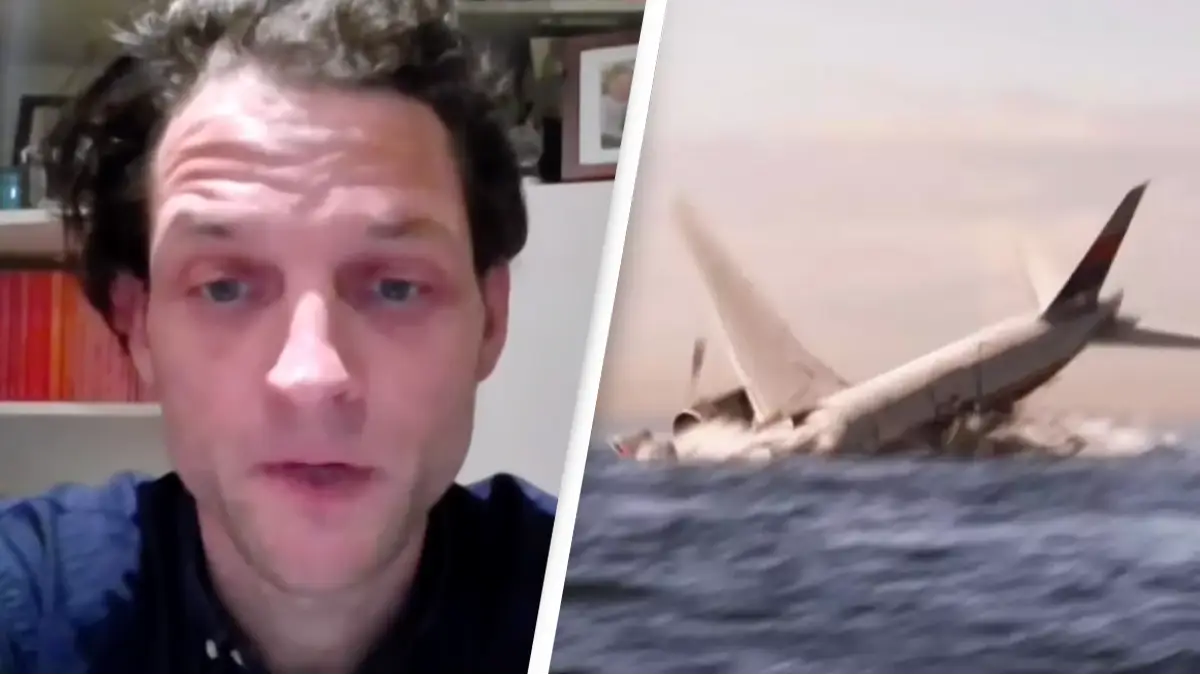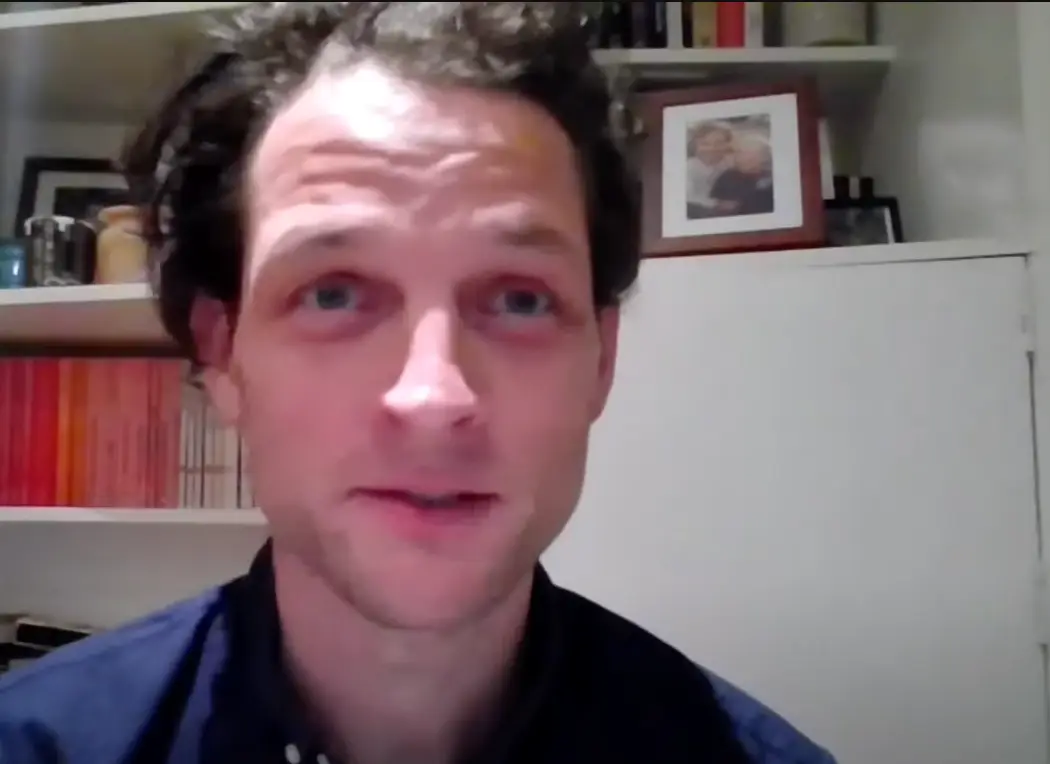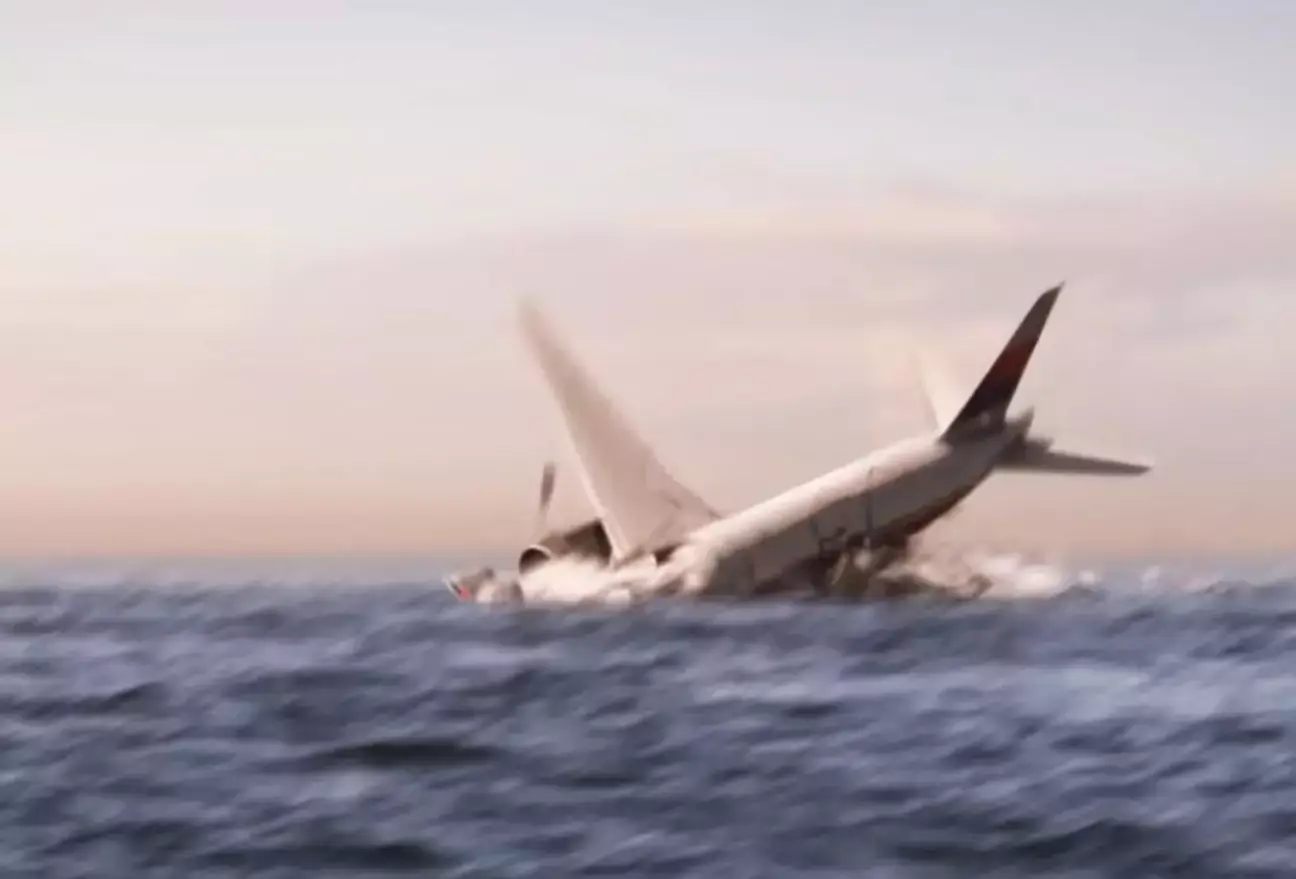
A naval officer who was involved in the search for the missing Malaysia Airlines Flight 370 aircraft has revealed a stunning flaw in the search for the lost aircraft.
Malaysia Airlines Flight 370 disappeared on 8 March in 2014 over the South China Sea as it travelled from Kuala Lumpur, Malaysia, to Beijing, China.
The flight had 239 people on board, including six Australians, and hit headlines around the world when the plane vanished without a trace.
Advert
The searches for the aircraft have been widely unsuccessful, with search teams only able to find small pieces of the wreckage.
The reason for the disappearance and where exactly the craft fell out of the sky remains unclear.
Speaking on Sky News Aus, former Australian Naval Officer who was involved in the search efforts, Peter Waring, explained the ‘failure’ to come up with sufficient explanation for the airline going down.
Waring was appointed as deputy operations manager of the search in September 2014, but revealed that he had 'serious doubts' about how the investigation was conducted in May 2015.
When asked by host Peter Stefanovic why the search failed, Waring revealed issues of bureaucracy and information.

“It was an extraordinarily difficult thing to do and we had such little information about where the aircraft was,” he said.
“I think at various points we made it seem as those we had a sense of where it was but that just wasn’t the case. We had absolutely, more or less, next to nothing.
“Over time, the operation was wrapped in an armature of bureaucracy, if you will, and that made it more difficult to change course.
“We committed to one particular search area and even though it started to look like the aircraft was elsewhere, and there was an increasing stream of evidence it was elsewhere, we weren’t really able to change where it was looking.
“In some ways we had really shackled ourselves to this one particular area and we weren’t flexible enough to look elsewhere when there was evidence to suggest that it was elsewhere.”

Despite these difficulties in the search, Waring also praised those involved in the rescue efforts as they were operating in dangerous seas.
“Too often we focus on the failure, but there was a whole range of people from many different backgrounds and many different parts of the government working together to try and make this happen," he added.
“They were all trying their best and everyone was well-intentioned, it was an extraordinarily difficult thing to pull off in both the office and the sea.”